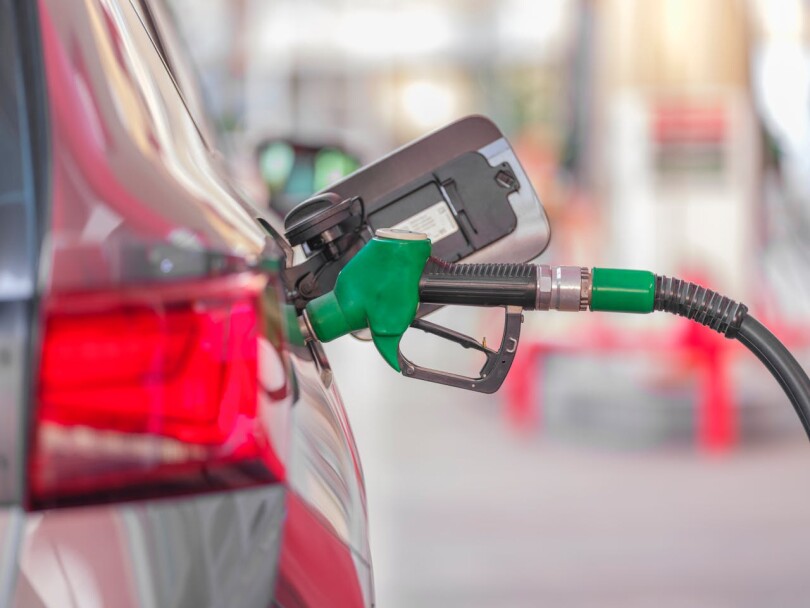Why Is the Gulf Attracting Climate Tech Businesses?
28 Jun 24
Enviro ChatThe Global News Source for the World of Science and Chemicals
07 June 2024
Enviro Chat
The Emirati government has announced its new policy on biofuels, revealing the details of the comprehensive strategy agreed upon by the UAE Cabinet in March. Among other headline objectives, the policy aims to ramp up consumption of biodiesel by 20% by 2050 in order to reduce emissions across a wide variety of industries.
What’s more, it’s hoped that the national policy will help to promote awareness and implementation of the circular economy throughout the country. It was developed by the Ministry of Energy and Infrastructure (MoEI) in tandem with a raft of public and private entities who were invited to make meaningful contributions to the directive.
Perhaps the biggest takeaway from the UAE’s national policy on biofuels is its commitment to boost biodiesel consumption by a fifth in the coming quarter of a century. Additionally, it’s hoped that once biodiesel consumption reaches its target, it will curb carbon emissions produced by diesel-powered vehicles by up to 75%. That would represent a significant achievement in improving the carbon footprint of the transportation sector.
Of course, the fact that biofuels are often produced from waste materials means that they’re not just environmentally friendly at the point of combustion, either. Recycling waste is beneficial in terms of the sustainability of companies operating in a variety of different industries, such as manufacturing, mobility and infrastructure, while it will also help grow the economy at the same time.
In this manner, the policy represents an important step forward in the UAE’s overarching strategy of transitioning away from fossil fuels to cleaner and more sustainable forms of energy generation. It’s hoped that the publication of the policy can serve as a catalyst for cooperation and knowledge-sharing on a global scale.
Perhaps the most encouraging aspect of the national policy is the almost universal buy-in it has received from public and private entities alike. Key industry players, such as ADNOC Distribution, British Petroleum UAE, Lootah Biofuels, Emirates General Petroleum Company (Emarat), Alerskal Group and ENOC Group have all thrown their weight behind the initiative.
“We have expanded the application of this biofuel to reach various sectors, including operating marine abras and some of our assets such as ENOC Link trucks, in addition to providing it to customers through the innovative ‘e-link’ platform for fuel delivery,” explained Saif Humaid al Falasi, CEO of ENOC Group.
The last piece of the puzzle involves finalising the regulations and controls overseeing the policy, with specific reference to the distribution of biofuels across Emirati infrastructure. Production standards must also meet the highest international benchmarks, while adherence to best practices in the consumption of the fuel source is another priority concern. But with everyone pulling in the same direction, it’s surely only a matter of time before the ideals and objectives contained within the national policy on biofuels are brought into reality.
DOWNLOAD PDF

2 Day Seminar Program
@ ArabLab+ 2024
24 & 25 September 2024
Your stay in Dubai
Labkit
Product News
Chemkit
Product News
Thinking about exhibiting at ARABLAB 2024? Watch our video to find out more.
Join the world’s leading organisations…
Join our mailing list and receive the ARABLAB newsletter and event updates.